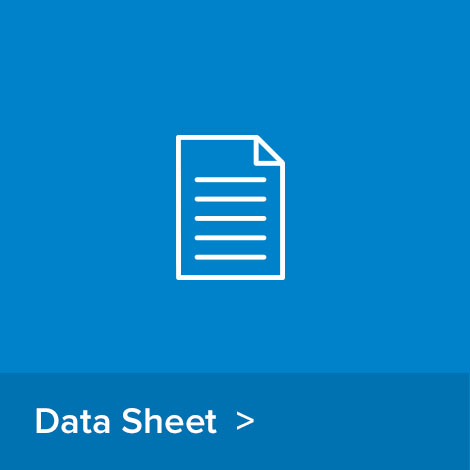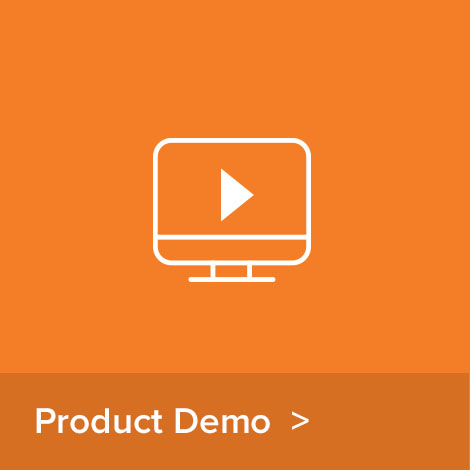Revenue Recognition
Report Revenue with Confidence and Accuracy
Close quickly with confidence and report financials faster and accurately
NetSuite’s Advanced Revenue Management solution helps companies comply with accounting standards including ASC 605, 606 and IFRS 15, and report financial results in a timely manner. The solution automates revenue forecasting, allocation, recognition, reclassification, and auditing through a rule-based event handling framework. Whether your business conducts sales transactions that consist of products or services, or both, and, whether these transactions occur at a single point in time or across different milestones, NetSuite’s revenue recognition solution will help you schedule, calculate and present revenue on your financial statements accurately.
Features
Revenue Recognition for All Industries
NetSuite’s award-winning financial management software enables accounting departments to account for any contract under any revenue standard, for any given set of products and services including software and service contracts specified in accordance with ASC 605 (and various preceding standards).
Key Capabilities:
- Supports Percentage-of-Completion Accounting
- Supports Event Driven Revenue Plans
- Intelligent fair value lookup for stand-alone selling price or ESP/TPE/VSOE
Multiple Performance Obligations
NetSuite provides robust and comprehensive configurable capabilities based on requirements of ASC 605 and ASC 606/IFRS 15, enabling systematic compliance for complexities associated with accurately managing revenue contracts.
Key Capabilities:
- Flexible Revenue Contracts
- Dynamic Fair Value Pricing
- Powerful Allocation Calculator
Revenue Recognition in Accordance with Multiple Accounting Standards
Report financial results accurately within revenue recognition mandates based on multiple global accounting standards (e.g. GAAP, IFRS); leverage a powerful Multi-Book Accounting engine that can record and post revenue-related activity to all books concurrently.
Key Capabilities:
- Book-Specific Fair Value Prices, Revenue Rules, Plans and Arrangements
- Book-Specific Foreign Currency Management
- Book-Specific Financial Reporting
































